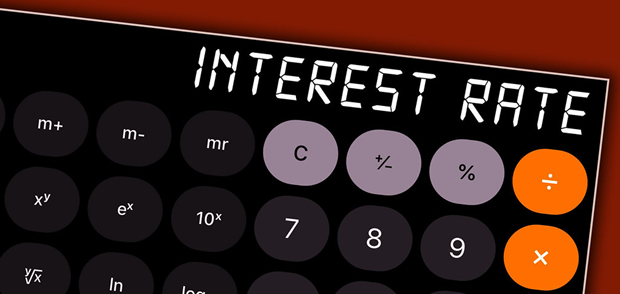Interest rates, such as those on Treasury bills and interbank exchanges, greatly impact the value of commercial real estate and all other property.
There is no doubt that interest rates impact mortgage rates. A property’s value is also affected by interest rates used to calculate investors’ capitalization and discount rates.
In response to rising interest rates, the channel controlling the market’s available capital flow will begin to constrict. A common complaint from real estate investors is that underwriters tighten their standards, and financing projects become more expensive.
Property owners may decide to put their properties on the market next year due to the rising rates. Nevertheless, high-interest rates mean high loan repayments, which could discourage potential buyers from applying for a mortgage. As a result, there are fewer buyers in the market, causing an oversupply of properties.
There is some good news, though. Even though our consumers’ buying behaviours will change if interest rates increase, it doesn’t necessarily mean it will change for the worse. An increase in interest rates also benefits the property market and, therefore, the commercial real estate industry.
There is a potential benefit in that an oversupply of properties will lead to a drop in housing prices. As a result, more first-time commercial real estate buyers may be able to enter the market, provided they have created adequate cash buffers for their loans. This will ease the affordability crisis in the commercial real estate sector.
Experienced investors and commercial real estate buyers will enjoy reduced market competition due to the reduction in buyer demand. And because of their high incomes, they have the choice between income and cash flow, so they are the least likely to see a significant impact from the small increases in interest rates.
Commercial property rents are often subject to increasing interest rates or have fixed increases built into them over time. Furthermore, commercial lease terms are typically longer than 12 months and include options for extending the lease. Small tenants might sign a lease for three to five years, while larger tenants might sign a lease for five to ten years. Renters benefit from this by having more security about their operations, while landlords enjoy an income stream with a built-in rent increase.
Offshore investors increasingly investing in Australian commercial real estate will also shield values from any rate rise impacts. Yields on commercial properties in Australia remain high compared to many comparable markets. Along with Australia’s relative economic resilience, this will continue to drive demand from offshore buyers.
Last year, Australia’s commercial property sector saw a record volume of transactions. This year, confidence is strong, and demand is expected to grow even more. With inflation expected, that demand is unlikely to diminish any time soon, particularly for assets that have proved resilient throughout the pandemic.
As there is no single cause and effect correlation between interest rates and the real estate market, it’s hard to make accurate predictions. There is only one thing we can tell you: history shows that rising interest rates rarely negatively impact the commercial real estate market. Though, if you need any assistance from an expert Axis Property is here to help.









